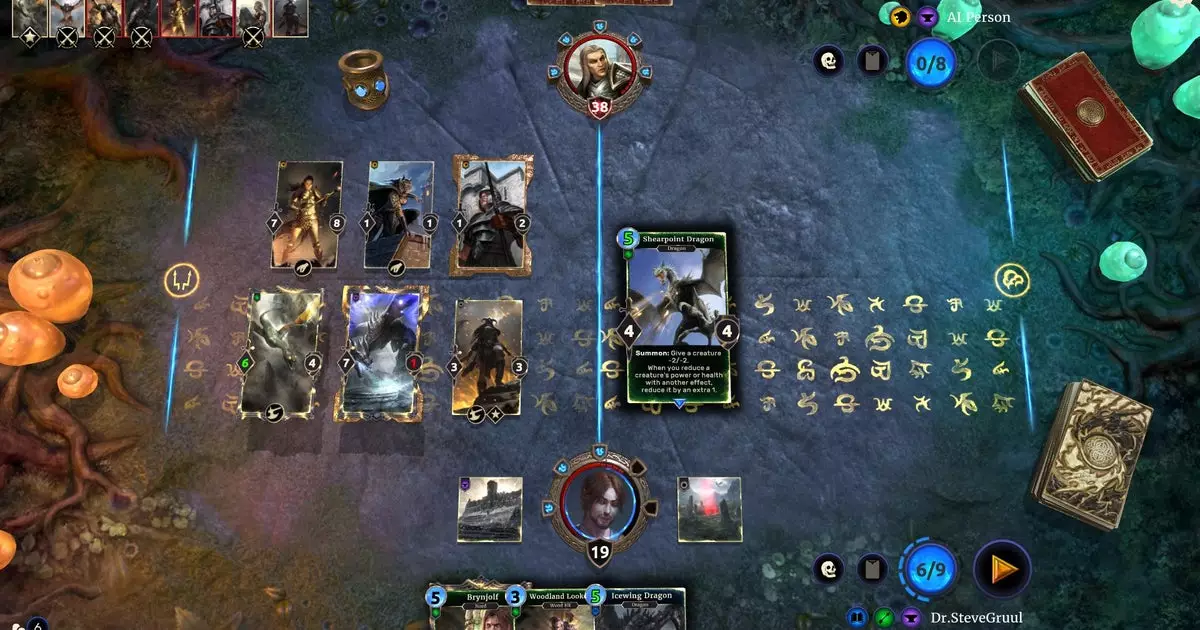In a decision that has stunned fans and casual players alike, Bethesda has announced the impending closure of its free-to-play card game, The Elder Scrolls: Legends. First released to enthusiastic anticipation, the game will no longer be purchasable on digital platforms, including Steam, and its servers will be permanently shut down on January 30, 2025. This marks a significant moment not only for Bethesda but for the gaming community, as it reflects the transitory nature of live-service games today.
Since its last major update in 2018, The Elder Scrolls: Legends has seen little to no development or expansion. This stagnation has raised pertinent questions about its sustainability in the highly competitive realm of digital card games. While the game was praised for its unique rune system and intricate gameplay mechanics—elements that arguably improved upon those found in contemporaries like Hearthstone—the scarcity of updates led to a dwindling player base over time. The abrupt cessation of support for Legends not only contributes to its untimely demise but also serves as a cautionary tale about the potential pitfalls of relying on the free-to-play model for longevity in gaming.
The deactivation of servers without the provision for an offline mode or future access to purchased content raises significant ethical concerns. Players have invested time and money into the game, nurturing its potential, only to face a sudden and final exit. This situation is emblematic of a broader issue in the gaming industry wherein valuable, and often beloved, content is rendered obsolete overnight. The abrupt nature of such closures interrupts the relationship between developers and their audience, leading to feelings of abandonment and dissatisfaction among dedicated fans.
The fate of The Elder Scrolls: Legends serves as a microcosm of a larger trend in the gaming industry, where many live services face similar fates, languishing in obscurity before being summarily terminated. This raises essential discussions about the treatment of digital products—especially those that engage users on a long-term basis. It prompts one to consider: is any other medium as ephemeral as video games? Film and literature, despite their changes, often maintain legacy editions, re-releases, or even adaptations. In stark contrast, digital content can simply vanish without warning, leaving little trace behind.
As the end draws near for The Elder Scrolls: Legends, it acts as a sobering reminder for both players and developers regarding the longevity of digital products. It stresses the importance of balancing profitability with player satisfaction, encouraging greater transparency and better communication within the industry. As we bid farewell to The Elder Scrolls: Legends, one can’t help but hope that future ventures will learn from this experience, fostering a more respectful and sustainable gaming landscape for all.


Leave a Reply